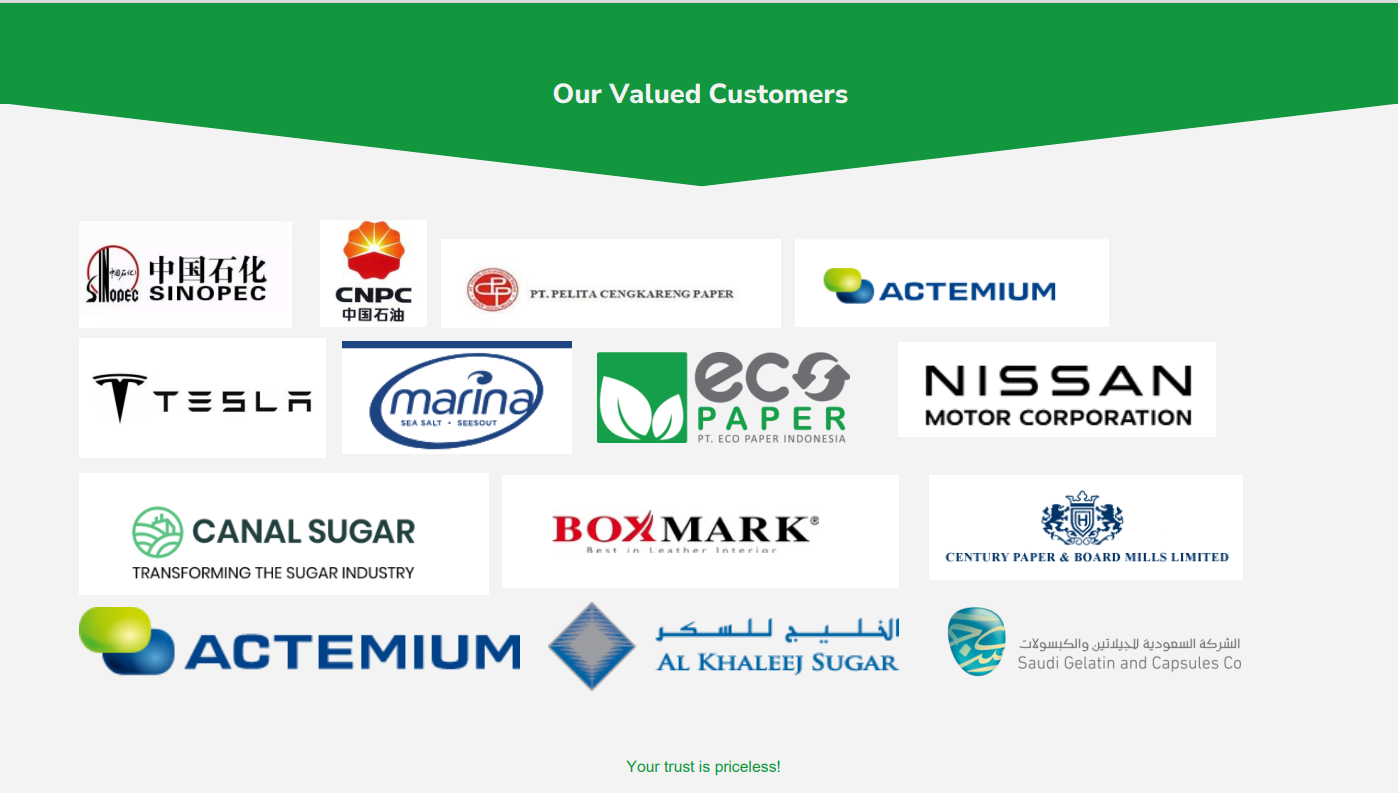What are the Advantages and Features of Screw Press?
A screw press is a solid-liquid separation device widely used in food processing, environmental protection, chemical industries, and other fields. Its core principle involves rotating a screw shaft to apply compression and shear forces on materials, achieving efficient separation of liquids and solids. Below are its key advantages and features:

Advantages
- High-Efficiency Continuous Operation
- Capable of 24/7 uninterrupted operation with high automation, making it ideal for large-scale production. Its processing capacity far exceeds that of traditional filter presses or centrifuges.
- Energy-Saving & Eco-Friendly
- Low power consumption (30%-50% less than centrifuges), eliminating frequent start-stop cycles. The separation process requires no chemical additives, reducing secondary pollution.
- Strong Adaptability
- Can handle complex materials such as high-viscosity, fibrous, or granular substances (e.g., fruit/vegetable pulp, food waste, sludge, distiller’s grains). Adjustable screw speed or pressure allows customization for different materials.
- Excellent Separation Performance
- Utilizes screw extrusion and screen filtration to achieve a dry solids content of 40%-60% (depending on material properties), significantly reducing subsequent drying or disposal costs.
- Low Maintenance Costs
- Simple structure with minimal wear parts (e.g., screens, screw blades), ensuring easy maintenance and long service life.
Features
- Structural Design
- Variable Pitch/Diameter Screw Shaft: Gradually increases compression pressure to prevent clogging.
- Adjustable Compression Resistance: End cone baffle or pneumatic device regulates discharge dryness.
- Wear-Resistant Materials: Screw and screen often use stainless steel, carburizing treatment, or hard alloys for corrosion and wear resistance.
- Multifunctionality
- Some models integrate crushing and conveying functions, enabling a seamless "feeding-pressing-discharging" process.
- Hygiene & Safety
- Food-grade design compliant with HACCP/GMP standards. Fully enclosed structure prevents material contamination, with noise levels below 75dB.
- Flexible Configuration
- Can be equipped with heating or cleaning systems (e.g., for oily materials) or combined with dryers/fermentation equipment.
Typical Applications
- Food Industry: Juice extraction, soybean protein dewatering, brewery waste processing.
- Environmental Sector: Sludge dewatering in wastewater treatment, food waste volume reduction.
- Agriculture: Livestock manure treatment, straw pressing for pulping.
- Industrial: Biomass fuel pretreatment, chemical waste recovery.
Conclusion
Screw presses stand out in solid-liquid separation due to their high efficiency, energy savings, strong adaptability, and low maintenance costs, especially for fibrous or high-moisture materials. When selecting a model, key factors such as material characteristics (particle size, viscosity, oil content) and processing capacity should be considered to maximize separation efficiency.
Contact us today for a free consultation!
Julie
Email: sales@filtrationchina.com
Mobile / WA / WeChat / Line / Viber: +86 159 2865 0174
